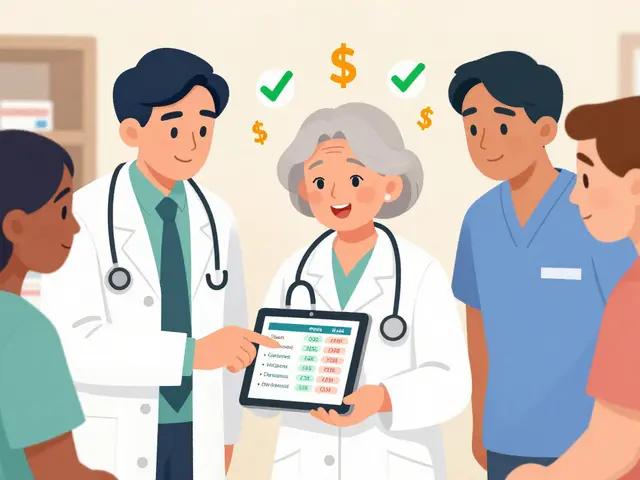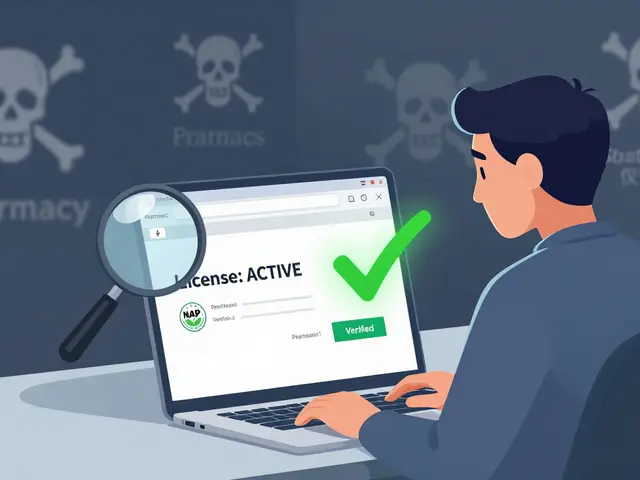Steroids: Practical Facts, Risks, and Safer Choices
Steroids show up in sports, bodybuilding, and medicine. Some are prescribed to reduce inflammation or treat asthma; others are anabolic drugs used to build muscle and boost performance. Knowing the difference matters because benefits, risks, and legal status change with the type.
Know what you're using
Anabolic steroids mimic testosterone and speed muscle growth, but they can harm the heart, liver, mood, and fertility. Corticosteroids like prednisone reduce inflammation and can be lifesaving, yet long-term use can weaken bones, raise blood sugar, and thin skin. If hair loss is a worry, genetics play a big role: androgen receptor gene variants make some people much more sensitive to DHT, the hormone linked to male-pattern baldness.
Training changes hormones too. High-intensity weightlifting and endurance sports can shift DHT and testosterone temporarily. That can affect hair and mood but usually doesn’t match the hormonal impact of anabolic steroids. Still, if you notice fast hair thinning or mood swings after starting a drug or a new training plan, take it seriously and talk to a clinician.
Safer choices and smart questions
If you’re considering any steroid, ask clear questions: What exact drug and dose is recommended? How long will I use it? What are short‑term and long‑term risks? Are non-drug options effective for my goal? A doctor can suggest alternatives—nutrition, training adjustments, or approved medications that carry less risk for your situation.
Buying drugs online adds another layer of risk. Use sites with clear contact info, pharmacist access, and third‑party reviews. Watch for missing lot numbers, unrealistic prices, or no prescription requirement. Several posts on this site review online pharmacies and explain safe buying steps—read those before you order.
Watch for red flags while using steroids: irregular heartbeat, severe acne, sudden mood or sleep changes, unexpected weight change, jaundice, or testicle shrinkage. For corticosteroids, watch blood pressure, blood sugar, and bone pain. If you see troubling signs, stop taking the drug and seek medical help quickly.
Some people want to manage side effects like hair loss. Options include speaking with a dermatologist about proven treatments, checking for family history of hair loss, and reviewing hormone tests. Avoid unproven supplements promising quick fixes; they often waste money and time.
This tag collects content that connects steroids to training, hormones, hair loss, and online pharmacy safety. Use it to learn practical harm‑reduction steps, compare alternatives, and find trustworthy info before making health choices. If you need tailored help, reach out to a healthcare provider—online guides are useful, but personalized care is safer.
Remember legal rules where you live: possession or distribution of anabolic steroids can carry penalties. If you get prescribed corticosteroids, keep a medicine list and schedule follow-up tests — bone density, liver function, or hormone panels when advised. Consider harm-reduction groups or a trusted therapist if mood or addiction issues arise. Small steps—testing, honest talk with a doctor, and avoiding shady suppliers—cut risk a lot more than quick shortcuts or social pressure.
Start small, stay informed, get help.

Deltasone (Prednisone): Uses, Side Effects, and Patient Tips
Unpack what Deltasone (prednisone) really does, why doctors prescribe it, the possible risks, and real-life advice on handling steroids wisely.
view more




